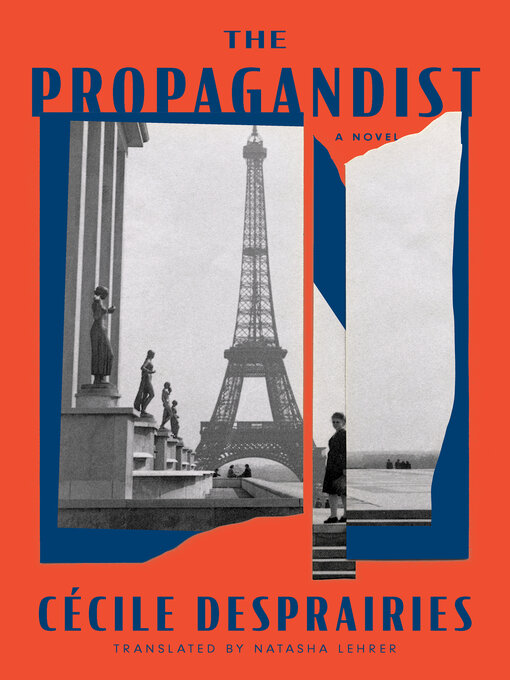The New Yorker Best Books of 2024 and World Literature Today Notable Translations of 2024
"Cécile Desprairies's novel, The Propagandist, is full of so many secrets that it's a wonder she managed to write it all."—The New York Times
In a grand Paris apartment, a young girl attends gatherings regularly organized by her mother. The women talk about beauty secrets and gossip, but the mood grows dark when the past, notably World War II, comes under coded discussion in hushed tones. Years later, the silent witness to these sessions has become a prominent historian, and with this chilling autobiographical novel she sets out to unmask enigmatic figures in and around her family. Why, she seeks to understand, did they betray their Jewish neighbors and zealously collaborate with the Nazi occupation of France, remaining for decades hence obsessive devotees of that evil lost cause.


